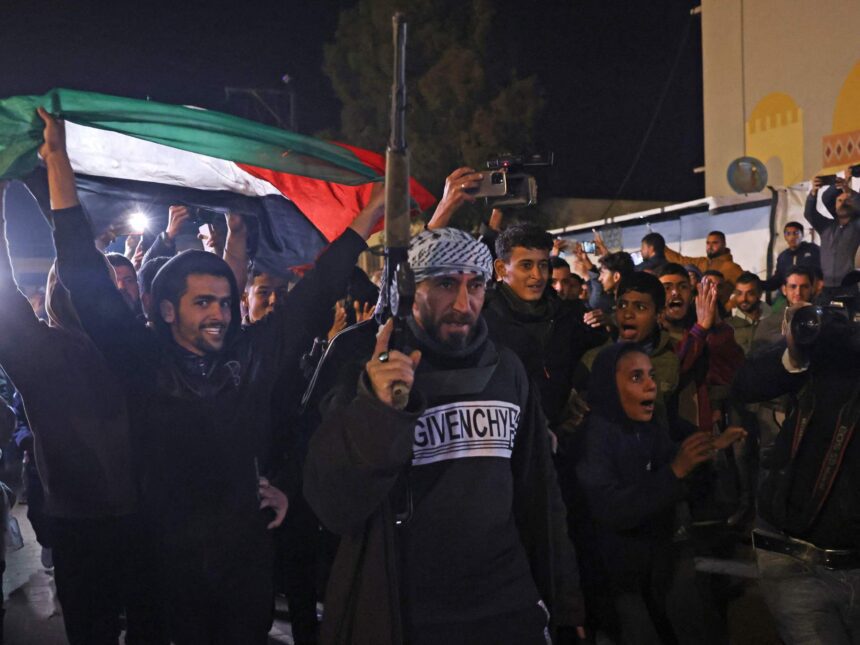The announcement of a ceasefire agreement in Gaza is undeniably a turning point in the ongoing conflict. This momentous occasion provides us with an opportunity to pause and reflect on the past 15 months of turmoil and devastation. It is a moment of respite amidst chaos and destruction, but the scars of loss and trauma will remain for a lifetime.
As a Palestinian, the news of the ceasefire feels like being in the center of a storm, surrounded by a temporary calm that is overshadowed by the devastation that has already taken place. While the ceasefire may bring an end to the bloodshed, the pain of those lost will never truly heal. Can a ceasefire really erase the suffering and loss that has been endured?
Ceasefires are often celebrated as diplomatic victories, but for many, they represent a mere pause in an ongoing nightmare. The recent agreement serves as a stark reminder that the people of Gaza are at the mercy of political fragility, constantly living in a state of uncertainty and fear. Is this ceasefire a genuine step towards lasting peace, or just another chapter in a history of delayed justice and prolonged suffering?
The ceasefire terms, negotiated under international pressure, include a cessation of air strikes and rocket attacks, as well as provisions for humanitarian aid to enter Gaza. While these measures are desperately needed, they also highlight the failure of the international community to prevent such crises from escalating to the point where such measures become essential. While aid is crucial, it can never fully heal the wounds of oppression that run deep within the community.
The international courts, meant to address the crimes committed against the Palestinian people, have been overshadowed by political inaction. Will justice prevail once the war is over, or will it be buried under bureaucracy and indifference? The lack of accountability before, during, and after the conflict exposes the flaws in these institutions, leaving many to question if true justice will ever be served.
Although aid is vital for survival, it cannot replace the fundamental right to live freely and pursue dreams beyond mere survival. The plight of Palestinians, particularly those in Gaza, is further exacerbated by the 17-year-long blockade that has stripped away basic rights and opportunities, leaving families in a constant state of struggle and despair.
The lack of intervention from the international community to address the humanitarian crisis in Gaza, including the halt in funding for vital services, underscores a larger failure to protect civilian life and uphold humanitarian law. The world’s failure to act decisively in the face of such crises highlights a glaring imbalance in power and a disregard for the core issues at the heart of the conflict.
As we navigate through this delicate moment of ceasefire, there is a mix of hope and frustration. While the ceasefire may save lives in the short term, the deep-rooted issues that fuel the conflict remain unaddressed. True peace cannot be achieved without justice, dignity, and equality for all. Until these fundamental rights are realized, the cycle of violence and suffering will persist.
This ceasefire is a crucial moment for those whose lives are at stake, but for Palestinians, it is a reminder that peace is not just the absence of war, but the presence of justice and the freedom to live without fear. Survival is not enough – true peace is the path to a future where dreams can flourish without the shadow of conflict looming overhead. The road to lasting peace is long and challenging, but it is a journey worth embarking on for the sake of a brighter tomorrow.










